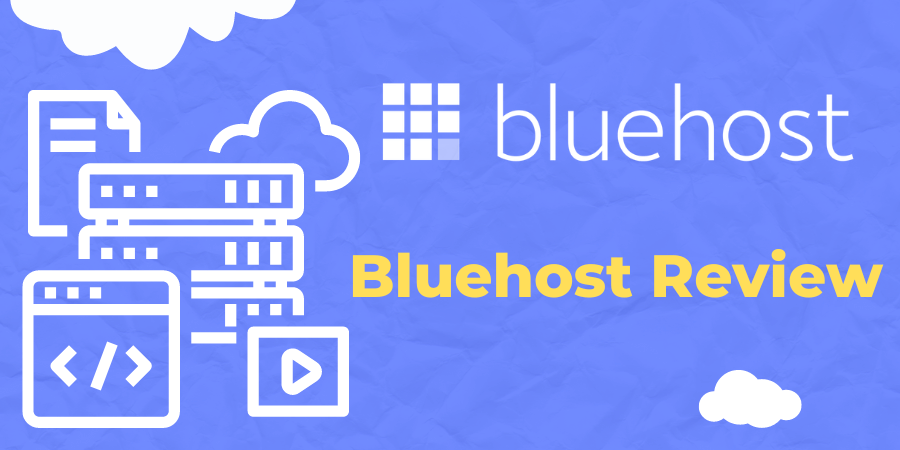
Table of Contents
Demystifying the Maze: A Comprehensive Guide to Different Types of Web Hosting
Choosing the right web hosting for your website can feel like navigating a labyrinth. With an array of options boasting different features and prices, deciphering the best fit can be daunting, especially for beginners.
Fear not! This comprehensive guide will break down the most common types of web hosting, enabling you to make an informed decision.
Understanding Web Hosting:
Before diving into specifics, let’s clarify the basics. Web hosting is essentially renting space on a server to store your website’s files and make them accessible to anyone visiting your domain name.
Different types of hosting offer varying levels of control, resources, and scalability, catering to diverse website needs and budgets.
The Main Players:
Now, let’s explore the major hosting types:
1. Shared Hosting:
Imagine a communal apartment building. Shared hosting is like renting a room in one. You share resources like server space, CPU, RAM, and bandwidth with other websites on the same server.
Pros:
- Affordable: Ideal for beginners and small websites with limited traffic.
- Easy to use: Often managed by the hosting provider, requiring minimal technical knowledge.
- Wide availability: Most web hosting companies offer shared hosting plans.
Cons:
- Limited resources: Performance can be affected by other websites on the server.
- Lack of control: Limited customization and security options.
- Scalability limitations: Not suitable for high-traffic websites or those requiring frequent growth.
2. Virtual Private Server (VPS):
Think of a VPS like having your own apartment within the building. It offers a dedicated section of server resources, providing more control and stability than shared hosting.
Pros:
- Improved performance: Dedicated resources ensure better speed and reliability than shared hosting.
- More control: Greater flexibility to customize settings and software.
- Scalability potential: Upgradable resources to accommodate website growth.
Cons:
- Higher cost: More expensive than shared hosting but cheaper than dedicated servers.
- Requires more technical knowledge: Managing a VPS often involves some technical expertise.
3. Dedicated Server:
Imagine owning the entire building! Dedicated hosting grants you exclusive access to all server resources, offering maximum control and performance.
Pros:
- Optimal performance: Dedicated resources eliminate any performance impact from other websites.
- Complete control: Full customization and configuration options.
- Highest security: Unmatched security control for sensitive data.
Cons:
- Most expensive: Significantly higher cost than other hosting options.
- High technical expertise required: Managing a dedicated server demands strong technical skills.
4. Cloud Hosting:
Think of cloud hosting as a network of interconnected servers instead of a single physical server. Resources are dynamically allocated based on your website’s needs, providing scalability and flexibility.
Pros:
- High scalability: Resources can automatically scale up or down based on traffic demands.
- High availability: Fault tolerance ensures your website remains online even if one server fails.
- Flexible pricing: Pay only for the resources you use.
Cons:
- Pricing complexity: Pricing structure can be more complex than other hosting options.
- Potential vendor lock-in: Switching providers can be challenging due to proprietary features.
5. Managed Hosting:
Imagine having a property manager for your apartment or building. Managed hosting involves the provider taking care of server maintenance, security updates, and technical tasks, allowing you to focus on your website content.
Pros:
- Hassle-free: No need to manage server technicalities.
- Expert support: Dedicated support team to address any issues.
- Security and performance: Providers ensure optimal security and server health.
Cons:
- Higher cost: Additional fees for management services.
- Limited control: Less flexibility than self-managed hosting options.
6. WordPress Hosting:
Here you can choose the type of WordPress Hosting (shared or managed) based on your traffic, technical expertise, and budget.
Pros:
- Optimized Performance: Servers specifically tuned for WordPress, leading to faster loading times and smoother user experience.
- Pre-installed & Up-to-Date: WordPress comes pre-installed and updates automatically, saving time and ensuring security.
- Enhanced Security: Built-in security features, malware scanning, and automatic backups offer peace of mind.
- Easy Management: Simplified tools for managing plugins, themes, and backups.
- Expert Support: Dedicated support teams familiar with WordPress troubleshooting and optimization.
Cons:
- Cost: Often more expensive than general web hosting, especially managed options.
- Limited Flexibility: Less control over server settings compared to unmanaged hosting.
- Vendor Lock-In: Switching providers can be challenging due to proprietary features.
Ideal For:
- Websites built with WordPress.
- Beginners and experienced users alike.
- Low-traffic to high-traffic websites.
- Those seeking ease of management and security.
Not Ideal For:
- Websites built with other technologies.
- Users requiring complete server control.
- Websites on tight budgets.
7. Reseller Hosting:
Here You can Start Your Own Hosting Business by Purchase hosting resources in bulk and resell them to clients under your brand.
Pros:
- Low Investment: Requires less upfront capital compared to starting your own hosting company.
- Scalability: Easily adjust your resources and plans based on client needs.
- Multiple Income Streams: Profit from hosting fees and additional services like domain registration.
- Flexibility: Offer customized hosting plans and features to attract clients.
Cons:
- Technical Expertise Required: Need basic server and technical knowledge to manage and troubleshoot.
- Lower Profit Margins: Competitive market leads to lower profit margins compared to large providers.
- Customer Support: Responsible for providing first-line support to your clients.
- Marketing & Sales: Requires marketing and sales efforts to attract and retain clients.
- Limited Control: Reliant on your hosting provider for infrastructure and major issues.
Consider these factors when selecting your web hosting:
- Website traffic: Anticipated website traffic volume and visitor growth.
- Technical expertise: Your comfort level with managing server settings.
- Budget: Cost considerations for different hosting options and potential growth.
- Security needs: Sensitivity of your website data and required security measures.
Beyond the Basics:
Don’t Forget, this is just a starting point. Explore additional options like e-commerce hosting that cater to specific website needs.
Stay updated on the latest hosting trends and technologies to ensure your online presence remains secure, scalable, and efficient.
Bonus Tip: Leverage free trials or demo accounts offered by many hosting providers to test their services before committing.
By understanding the different types of web hosting and their unique characteristics, you’ll be empowered to make an informed decision that sets your website up for success.








